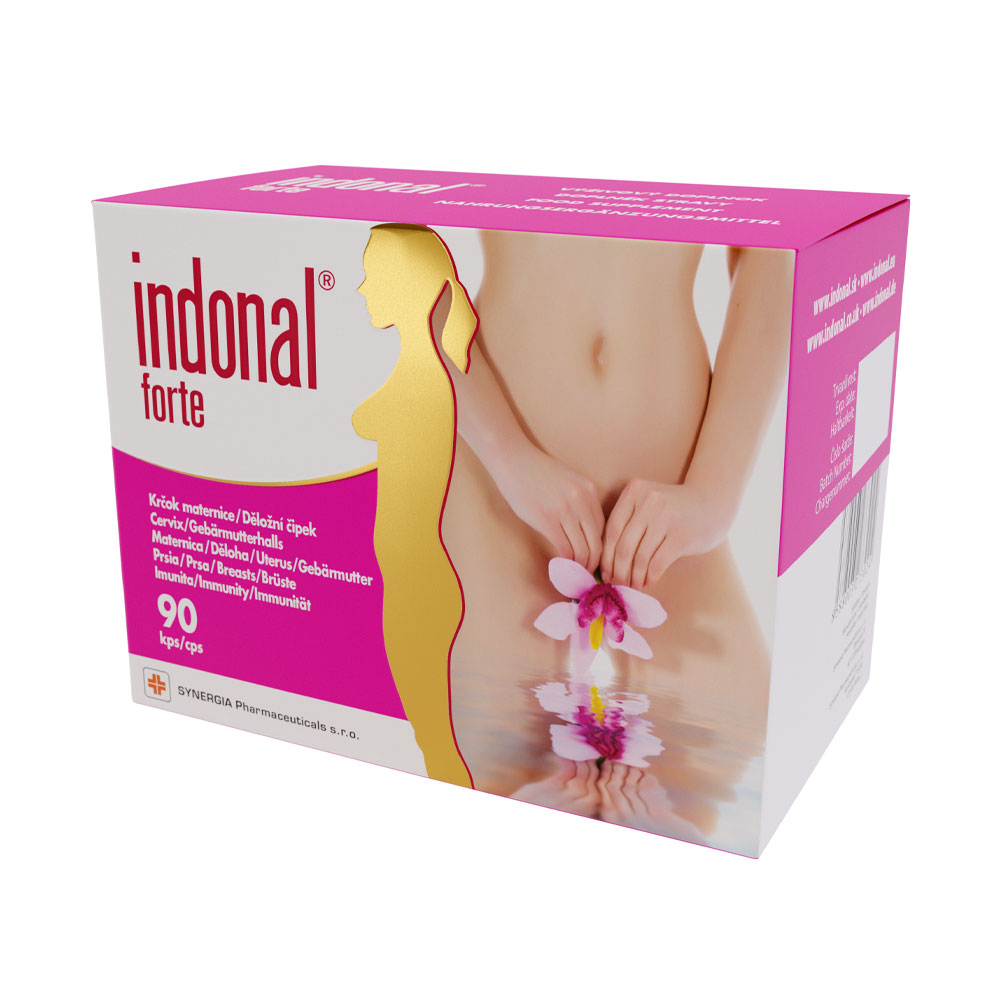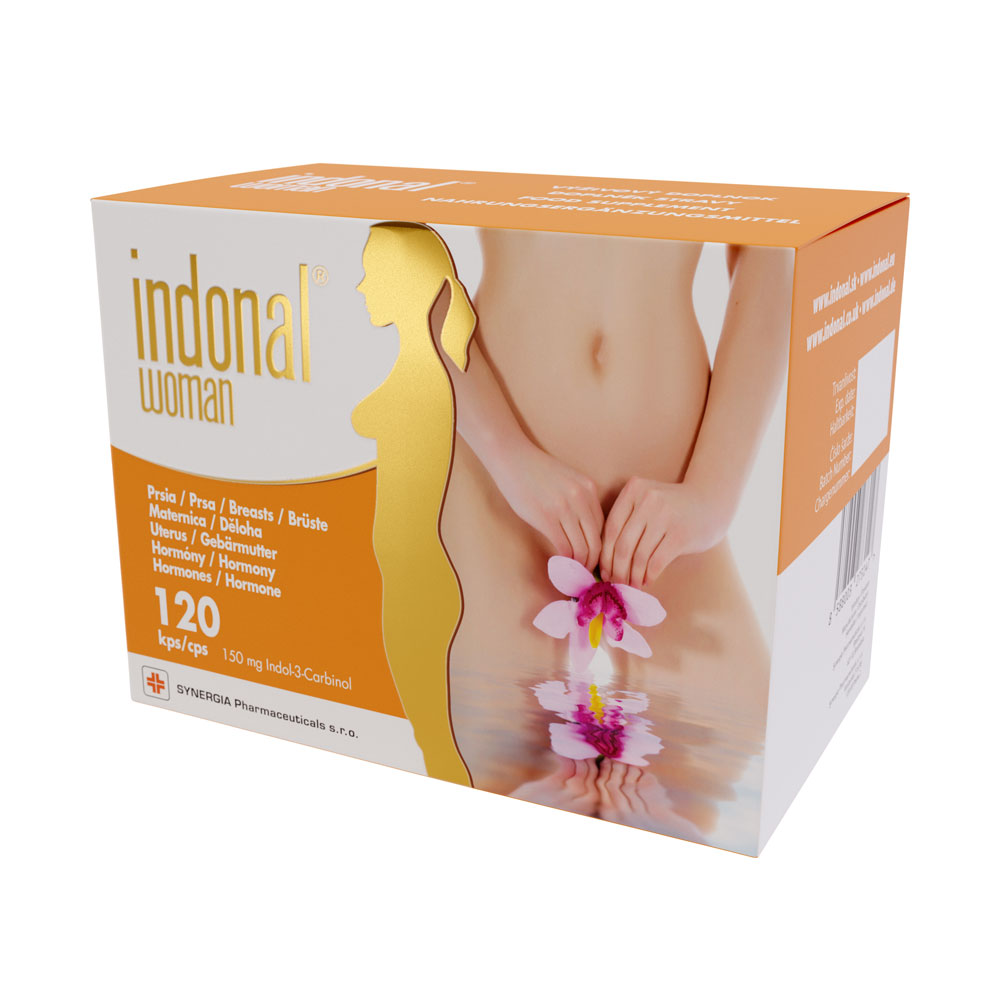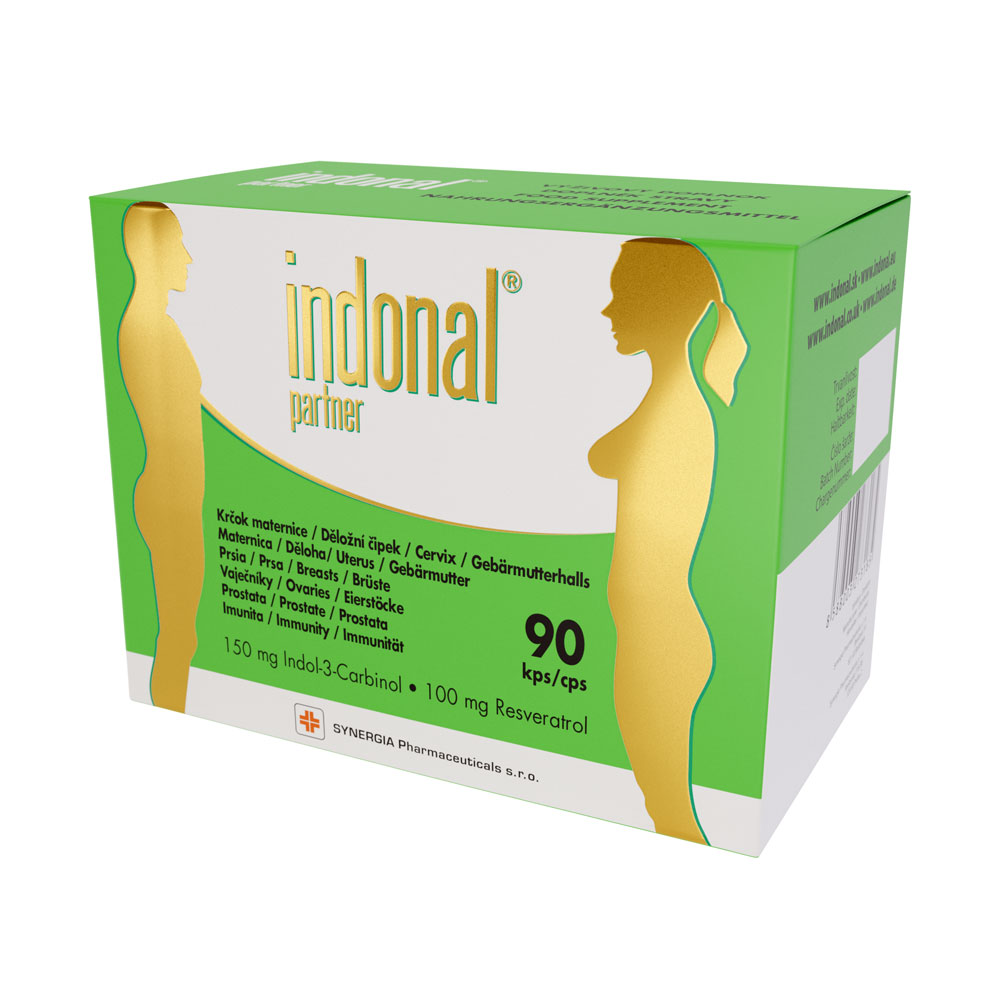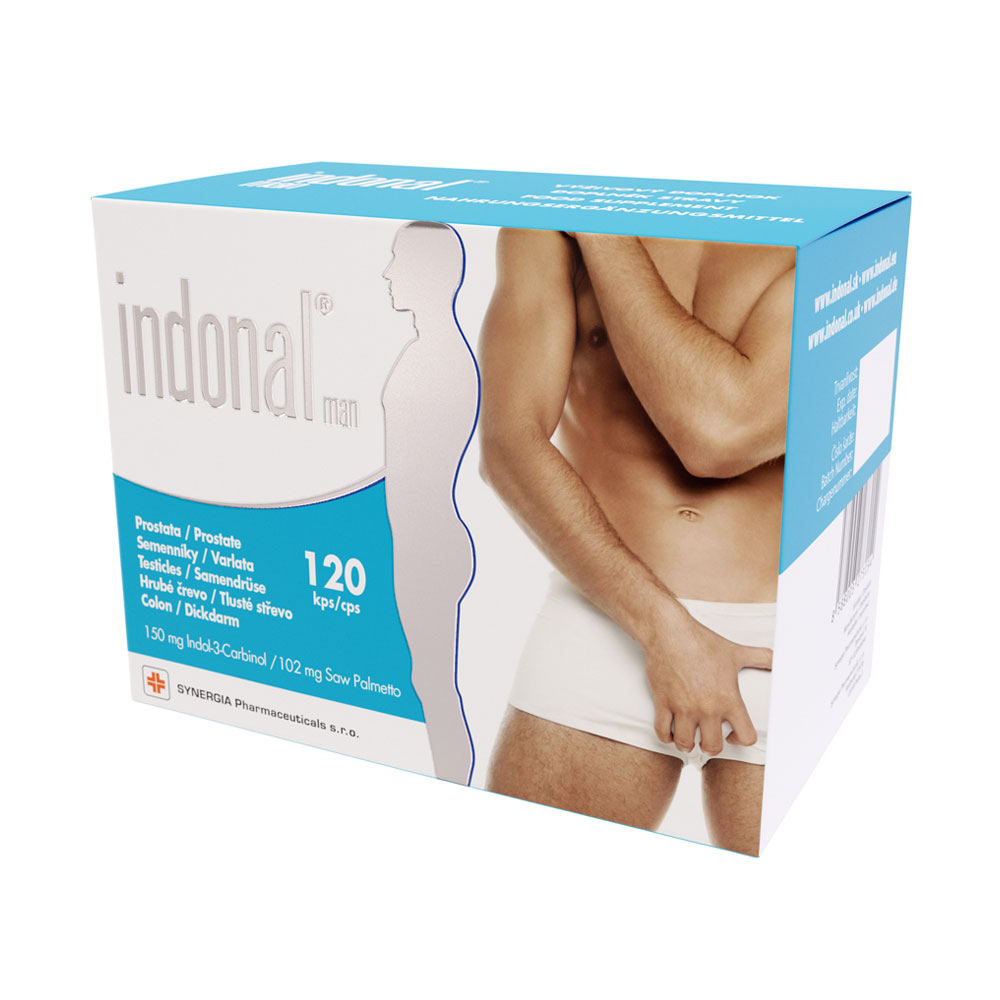Changes in Levels of Urinary Estrogen Metabolites After Oral Indole-3-Carbinol Treatment in Humans
Indole-3-Carbinol and Diindolylmethane Induce Apoptosis of Human Cervical Cancer Cells and in Murine HPV16-Transgenic Preneoplastic Cervical Epithelium
Abstract: Dietary indole-3-carbinol (I3C) has clinical benefits for both cervical cancer and laryngeal papillomatosis, and causes apoptosis of breast cancer cells in vitro.
These data confirm the proapoptotic action of I3C on transformed cells in vitro, extend the observations to cervical cancer cells and to DIM and show for the first time that dietary I3C results in increased apoptosis in target tissues in vivo.
A randomized phase II trial of indole-3-carbinol in the treatment of vulvar intraepithelial neoplasia
Abstract: The aim of this study was to determine the potential therapeutic benefits of indole-3-carbinol (I3C) in the management of vulvar intraepithelial neoplasia (VIN). Women with histologically confirmed high-grade VIN were randomized to receive 200 and 400 mg/day of I3C.
There were no significant differences in results between those women taking 200 mg/day of I3C and those on 400 mg/day. This study has shown significant clinical improvement in symptomatology and vulvoscopic appearance of VIN with I3C therapy. Further clinical and scientific investigations are required to support these preliminary findings.










